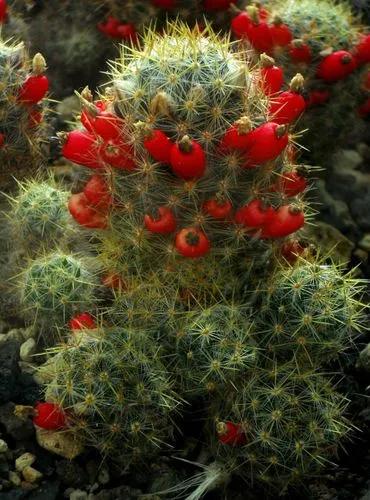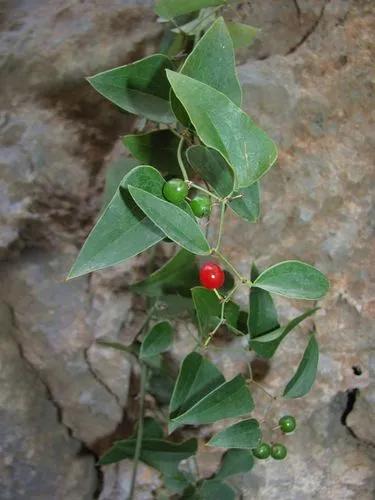A sport of the popular Eureka lemon, Citrus x limon 'Eureka Pink Variegated' is a medium-sized, evergreen tree prized for its variegated foliage and round fruits. When young, the fruit are covered with green and creamy-yellow stripes. When fully ripe, the stripes fade, and the rind turns creamy-yellow with distinct pink oil glands.
Pink Variegated Eureka Lemon Tree Care
Citrus Limon 'eureka Variegated Pink'



How to Care for the Plant

Water

The tree requires consistently moist soil and regular watering.

Pruning

You can keep any citrus tree pruned back, but the Pink variegated lemon is naturally a smaller dwarf type variety which gets to be about 4 to 6 feet, but it will still produce an abundant harvest. You should prune the pink Eureka every year. In the first years, prune to retain five to six stout bearing limbs. Remove smaller growth on the interior to promote air flow. Remove dead and diseased plant material immediately.

Fertilizer

Your Pink variegated lemon tree will need both macro and micronutrients, just like a human. The macronutrients that all plants need are Nitrogen, Phosphorus, and Potassium. You have likely seen fertilizers and soil which state three numbers together, this is the N – P – K system which shows the concentration and relative amounts of nitrogen, phosphorus and potassium respectively. These machinations are very important for the development of the root system, the color of the leaves, appropriate photosynthesis, the growth of the trunk of the tree, proper flowering, fruiting, and taste of the fruit. See our blog article on nutrition for more information. Micronutrients are also very important - think of these as vitamins for humans. They are needed much in smaller quantities and plants can have characteristic symptoms if they have a micronutrient deficiency. We will detail out micronutrients and symptoms of deficiencies in later articles. However, our promise to you is that we make this simple. Between regular potting soil and the fertilizer we recommend, you will have all the macronutrients and micronutrients that your tree needs and a simple fertilizing schedule for easy and effective fertilizing when you get your tree and for every February, May, and August.

Sunlight

Best grown in full sun to part shade.

Soil

Perform well in most types of soil.

Temperature

Provide good air circulation, with temperatures between 65 (18 °C) to 75 F (23 °C) and nighttime temperatures between 50 t(10°C) to 60 F (15 °C).

Popularity

271 people already have this plant 28 people have added this plant to their wishlists
Discover more plants with the list below
Popular articles






